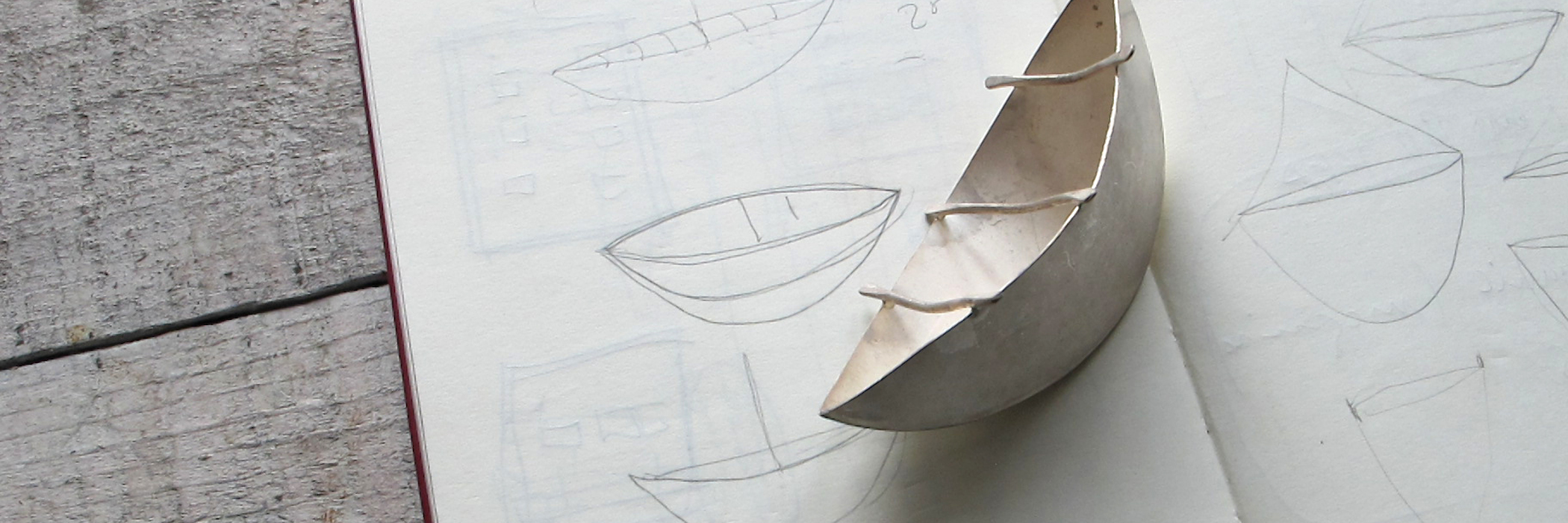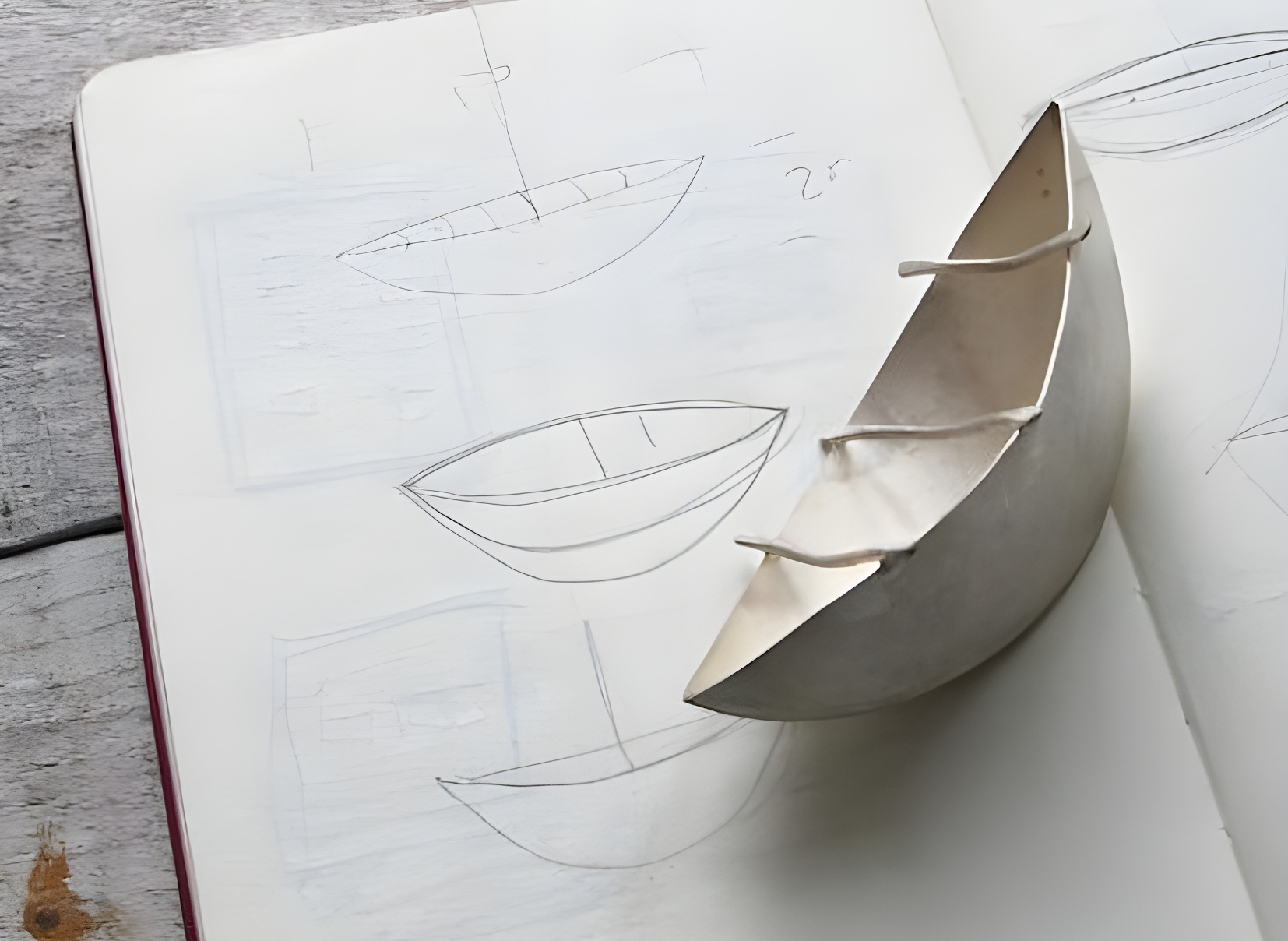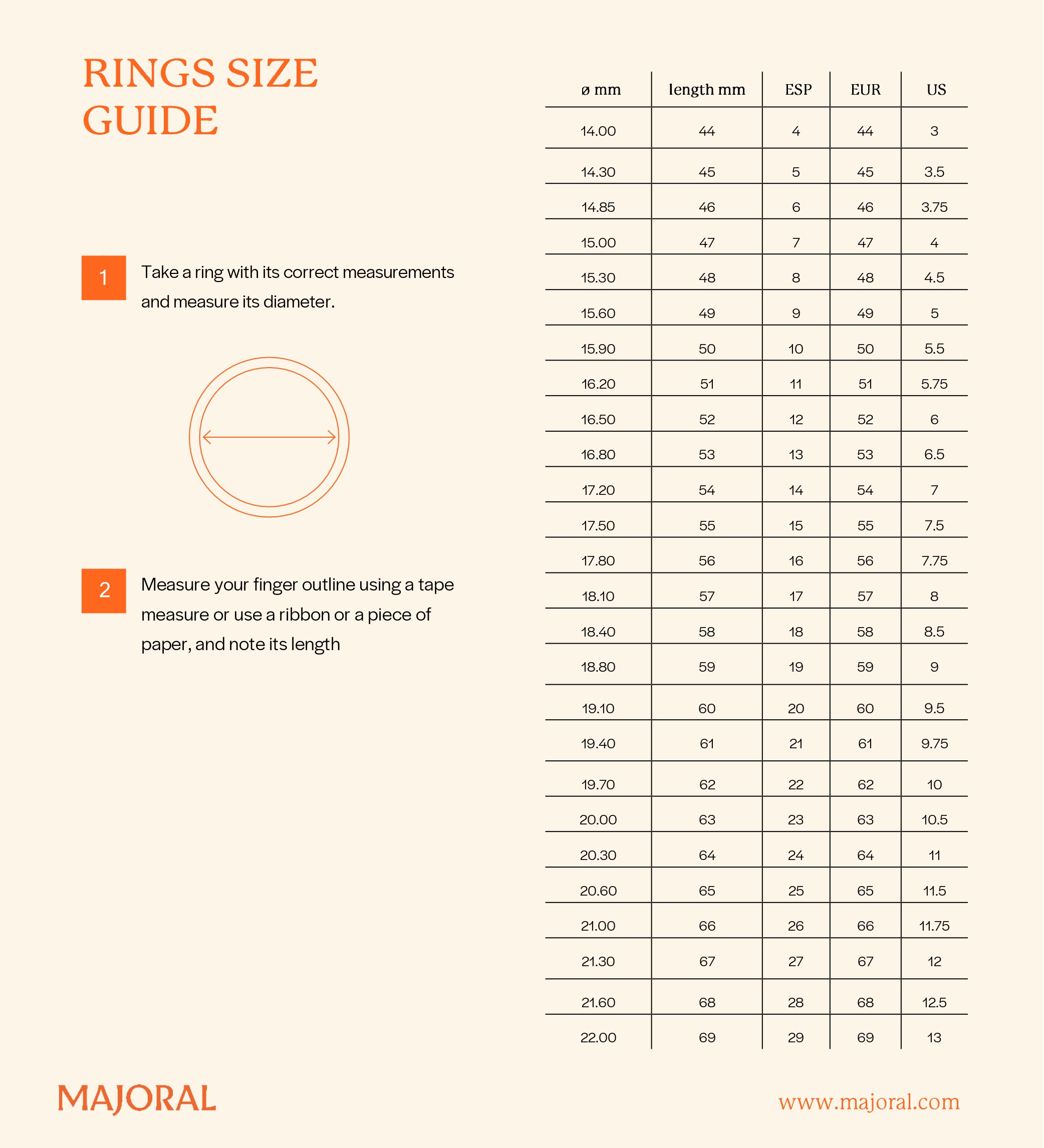
Can jewellery be ethical and sustainable?
The 1st Virtual Congress of Sustainable Jewellery debates about the feasibility of ethical and sustainable techniques in jewellery
Ethical jewellery, sustainable jewellery, responsible jewellery. They are terms used to define those sectors of jewellery that undertake their business activity with a perspective of respect for the social and natural environment. Ethical jewellery has been gaining influence within the jewellery sector for the last few decades. An influence gained due to the awareness of some players about the impact of jewellery on human rights and on the natural world.
The rise of ethical and sustainable jewellery has led to the holding of the 1st Virtual Congress of Sustainable Jewellery, held last June. Is ethical and sustainable jewellery feasible? What are the opportunities and challenges ahead? Can jewellery have a positive influence on the social and natural environment? What are the economic and business models of ethical and sustainable jewellery?
These are some of the many questions that make up the debating process that ethical and sustainable jewellery is currently immersed in. And some of them were analysed and debated in the talk, “What is ethical jewellery? Challenges and opportunities”, held within the setting of the 1st Virtual Congress of Sustainable Jewellery, and in which Francesc Picanyol, manager at Majoral, took part.
Ethical and sustainable jewellery: jewellery that seeks beauty in an additional dimension
“Ethical jewellery is a form of jewellery that goes beyond aesthetics, and beyond beauty; it seeks beauty in an additional dimension “, stated Marcin Piersiak, Executive Director of the Alliance for Responsible Mining (ARM) during the talk. Ethical and sustainable jewellery involves asking all the players in the productive chain of jewellery to become aware of the impact of their economic activity. “We are concerned about the social and environmental impacts that the materials used in jewellery have”, added Piersiak.
The transformation process towards ethical and sustainable jewellery is by no means easy, but should always respond to coherence between ethical and aesthetic values. The creation of artisanal and small-scale mining (ASM) provides an option of adopting precious metals that respect the social and natural environment. “Things are not going to change overnight, but we have the structure to strengthen the links between the ASM and the jewellers”, stated Cristina Echevarría, member of the ASM governing body and GDIAM (Group of Dialogue about Mining in Colombia) during the talk.
Responsible and ethical jewellery: a feasible commitment for transforming the economy
Despite the fact that ethical and sustainable jewellery still has a discrete influence on the jewellery sector, the talk was useful for recording the feasibility of adopting responsible, ethical and sustainable business models. “In 2013 we carried out a survey among a group of clients asking if they would continue buying if we raised the price 3-4% to align ourselves with ethical and sustainable jewellery. The response was unanimous, and only one person stated that perhaps they would think about it if we raised process”, said the director of Majoral, Francesc Picanyol, during his contribution.
According to the director of Majoral, ethical and responsible jewellery represents an agreement between the buyer and the seller. “This agreement must guarantee that the client is not contributing to rewarding products and services that have been obtained violating human rights or affecting the natural environment negatively”, added Picanyol.
Majoral’s commitment: apply ethics in all the areas of the company
In this way, ethical and sustainable jewellery forms part of a phenomenon of transition towards a more responsible economic activity with people and the setting. The emergence of associations such as ASM, which guarantee responsible and sustainable gold extraction through the Fairmined certification, enables jewellers to go for responsible raw materials. “The economy for the common good made us think about where precious materials we used came from”, assured Picanyol, adding that currently 80% of the gold used at Majoral comes from the Fairmined certification, while 20% is recycled gold.
Nevertheless, the ethical practices that can be developed from a jewellery company can go beyond the use of raw materials and their traceability. “At Majoral we have gone for renewable energy supplies and for working with the ethical bank and with values”, stated Picanyol. In recent years, Majoral has also aligned itself with the values of the social and solidarity economy and the economy for the common good. “All the workers at Majoral have a participation in the profits of the make, and this means a totally transparent management of the company”, he added..
The symbolic and historical baggage of jewellery means that it cannot turn a blind eye to the social and natural setting. Thinking about and undertaking sustainable and ethical visions is feasible, also in the field of jewellery. Cooperating more and competing less, is the future for a jewellery sector that contributes to making this world a little more liveable.






